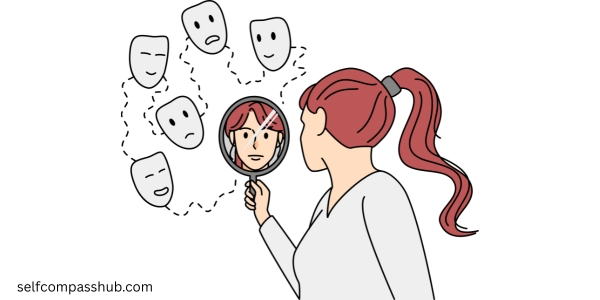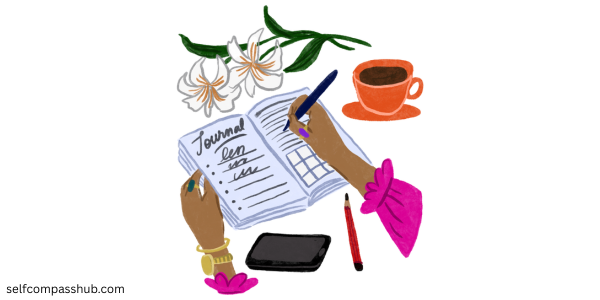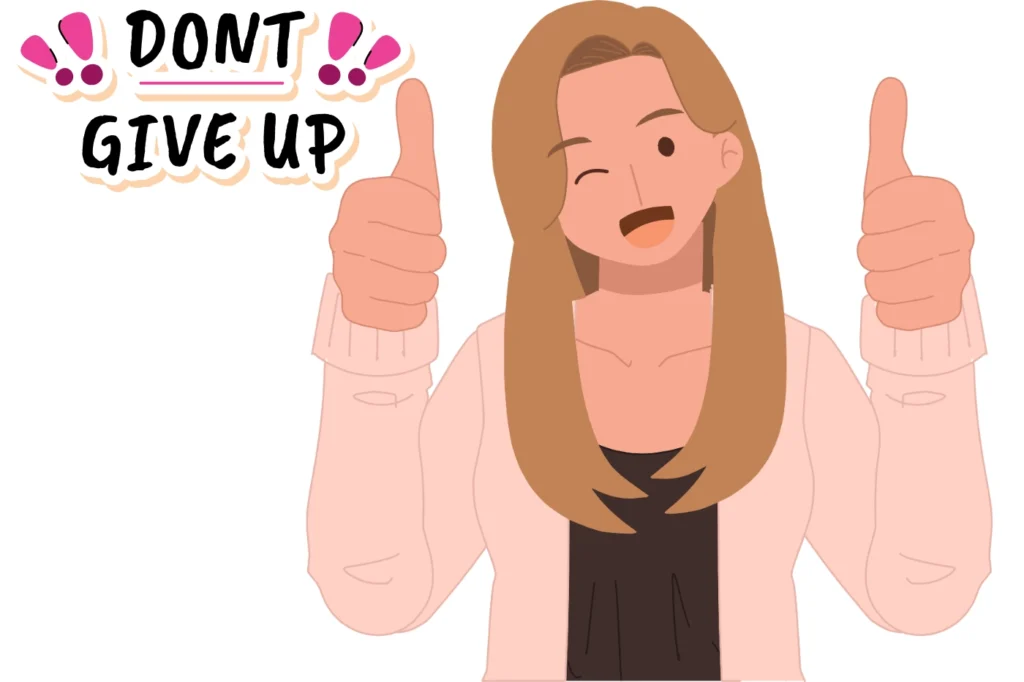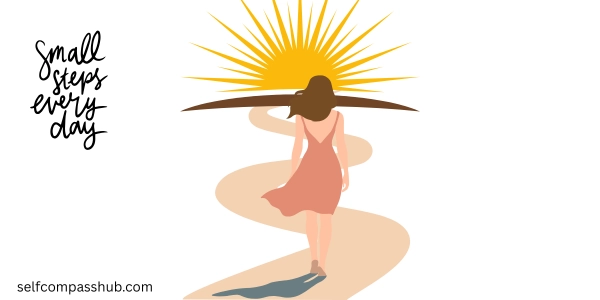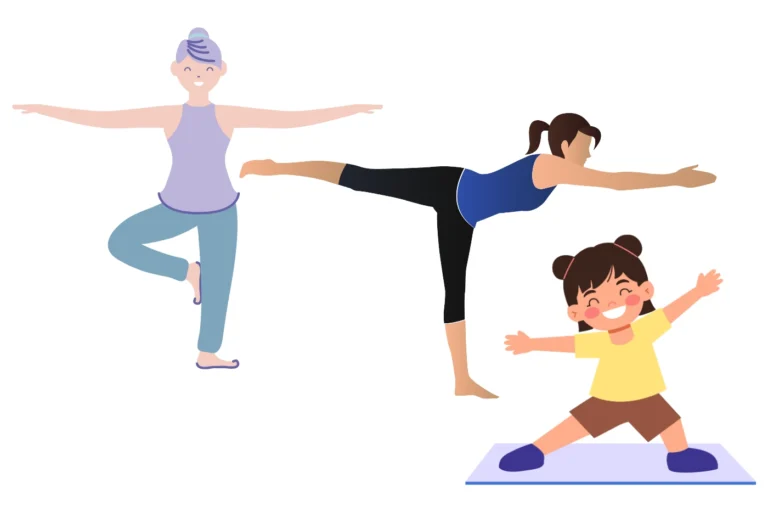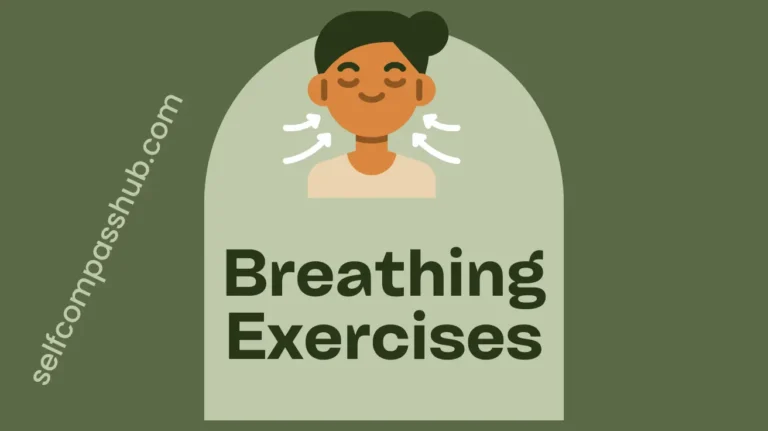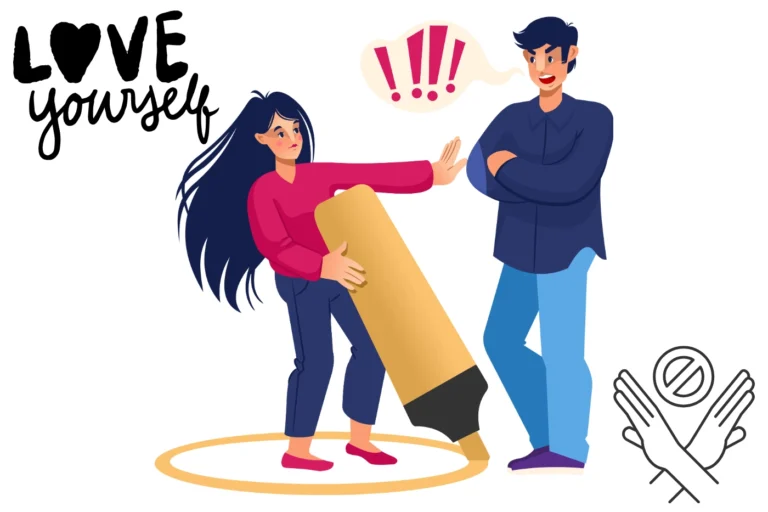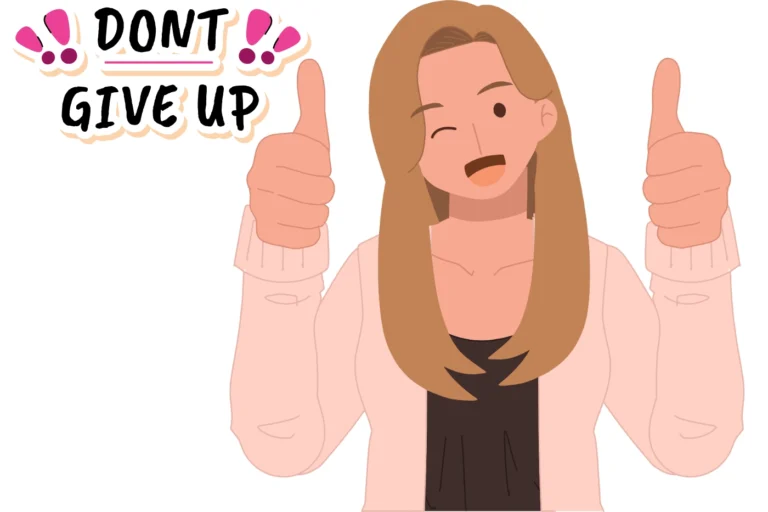Have you ever watched someone walk into a room with that unmistakable air of confidence and thought, “I wish I had what they have”?
I’ve been there too. For years, I nodded along to all those “just believe in yourself!” quotes while secretly thinking, “Yeah, but HOW?” Because let’s be honest – true self-belief feels more complicated than just deciding to be confident one random Tuesday morning.
What Self-Belief Actually Looks Like (Hint: It’s Not What Instagram Shows You)
Real self-belief isn’t about never experiencing doubt. It’s not about feeling invincible or posting perfect selfies with inspirational captions.
Real self-belief is messy. It’s continuing despite the knot in your stomach. It’s having a terrible day where you question everything, then waking up the next morning and trying again anyway.
I remember giving a presentation where my voice shook the entire time. My colleagues later told me how confident I seemed – while inside I was falling apart! That taught me something crucial: self-belief isn’t the absence of fear; it’s the willingness to coexist with it.
Why We Struggle to Believe in Ourselves
Before diving into solutions, let’s acknowledge why this is so damn hard:
- We remember failures more vividly than successes (that embarrassing moment from 2012 still haunts you, doesn’t it?)
- We compare our behind-the-scenes to everyone else’s highlight reel
- Our brains are literally wired to spot threats and problems (thanks, evolution!)
- Many of us carry wounds from times people didn’t believe in us
Understanding these barriers isn’t about making excuses – it’s about having compassion for yourself in this process.
Five Practical Steps to Build Genuine Self-Belief
1. Start a “Good Things” Journal (Not Just Another Gratitude Practice)
Standard advice says “keep a gratitude journal,” but here’s a more targeted approach: document evidence of your capabilities.
Every evening, write down three things:
- Something you handled well today
- A challenge you faced (whether you “succeeded” or not)
- Something you learned or a way you grew
I started this practice after a particularly brutal job rejection. The first week felt forced. By week three, I had a document of 63 pieces of evidence that I was competent, resilient, and growing – evidence my brain could no longer ignore.
2. Identify Your Self-Talk Patterns (And Create an Intervention Plan)
Our internal dialogue shapes our reality more than we realize. But vague advice to “think positive” rarely helps.
Instead:
- Actually write down your common negative thoughts word-for-word
- Ask: “Would I say this to someone I love?” (The answer is almost always no)
- Create specific counter-statements for each negative pattern
For example:
Negative pattern: “I always mess up important presentations.” Counter-statement: “Presentations are a skill I’m developing. I’ve completed X presentations successfully, and each one makes me stronger.”
The key is consistency. When that familiar critical voice shows up, recognize it: “There’s that thought again. It’s a pattern, not a truth.”
3. Practice “Failure Resilience” Through Deliberate Exposure
Self-belief requires knowing you can handle things going wrong. The best way to build this confidence? Practice recovering from small failures.
Start with low-stakes situations:
- Try a recipe that’s slightly beyond your skill level
- Take a class in something completely unfamiliar
- Share an opinion or idea when you’re not 100% confident
Each time something doesn’t go perfectly (and it won’t!), you build evidence that:
- Failure isn’t fatal
- You can recover
- The discomfort is temporary
I took a pottery class last year and created what might be the world’s ugliest mug. But something surprising happened – I laughed about it, tried again, and left feeling strangely empowered. My fear of looking incompetent shrunk because I had faced it directly.
4. Build a “Truth-Teller” Circle
We all need people who neither flatter us dishonestly nor tear us down critically. Identify 2-3 people in your life who:
- Care about your success
- Will tell you hard truths with compassion
- Recognize your potential and strengths
When self-doubt is overwhelming, these are the people who can reflect reality back to you. Sometimes we need to borrow someone else’s belief in us until we can generate our own.
My friend Jamie serves this role for me. When I was paralyzed about launching a project, she said, “I’ve watched you handle things twice as difficult as this. This isn’t really about capability – it’s about fear. So what do you need to address the fear?” She didn’t offer empty reassurance or let me off the hook – she reflected my own strength back to me.
5. Take Imperfect Action (Consistently)
Nothing – and I mean nothing – builds self-belief like taking action before you feel ready and surviving the results.
The formula is simple but challenging:
- Identify something that matters to you but scares you
- Break it down into one small next step
- Do that step within 24 hours
- Repeat
The size of the action matters less than the consistency. Writing one paragraph of your book. Sending one email about your business idea. Making one call about that career change.
Each action builds evidence that you’re someone who moves forward despite fear—and that’s the essence of self-belief.
When You Backslide (Because You Will)
There will be days when these practices feel impossible. When old doubts roar back. When you’re convinced you’ve made no progress.
This isn’t failure – it’s being human.
On these days:
- Return to your Good Things journal and read previous entries
- Practice extreme self-compassion (talk to yourself like you would a dear friend)
- Focus on the smallest possible action you can take
- Remember that consistency matters more than perfection
The Truth About Self-Belief That Nobody Tells You
The goal isn’t to eliminate self-doubt. It’s to build a relationship with it where it no longer controls your choices.
I still get nervous before big presentations. I still sometimes worry I’m not good enough. But these thoughts no longer determine what I do or don’t pursue.
That’s real self-belief – not the absence of doubt, but the knowledge that you’re bigger than your doubts.
And you are. Even on the days when you don’t believe it yet.
What’s one small step you’ll take today to build your self-belief? Share in the comments below – I’d love to hear where you’re starting.

